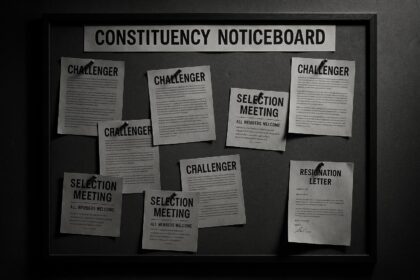Utah Governor Spencer Cox signs groundbreaking legislation enforcing age verification on social media platforms and enhancing privacy for minors, as the US Senate deliberates a bill that could see TikTok banned over national security concerns.
In a concerted effort to safeguard the well-being of children, Utah Governor Spencer Cox has officially signed into law new regulations targeting social media platforms. This legislative act, emerging amidst legal confrontations with tech giants such as TikTok and Meta, mandates that companies operating social media services must verify the age of their users and modify the accessibility of certain features for accounts held by minors in Utah. The laws, which aim to mitigate the adverse impacts of social media on youth mental health, include implementing default privacy settings for users under the age of 18. These settings restrict direct messaging abilities, content sharing capabilities, and disable features like autoplay and push notifications. Additionally, the laws maintain that parents can gain access to their children’s accounts and possess the right to initiate legal action against social media firms if they believe excessive usage is harming their child’s mental health.
Simultaneously, on the legislative front at a national level, the US Senate is currently deliberating a bill concerning TikTok’s operational status in the United States. The proposed legislation demands that ByteDance, TikTok’s Chinese parent company, divest the app within a six-month timeframe or risk facing a ban in the US. The Senate’s delay in making a decision stems from the necessity to craft a robust legal framework that effectively addresses national security risks posed by foreign-controlled applications, including potential data privacy breaches. This situation follows a strong push from the House, urging rapid Senate action, amidst vocal concerns from various senators about the implications of foreign apps accessing American citizens’ private information. The debate continues as TikTok’s CEO, Shou Zi Chew, cautions that the proposed bill could lead to the app’s prohibition in the US, impacting creators, small businesses, and American employment prospects.













